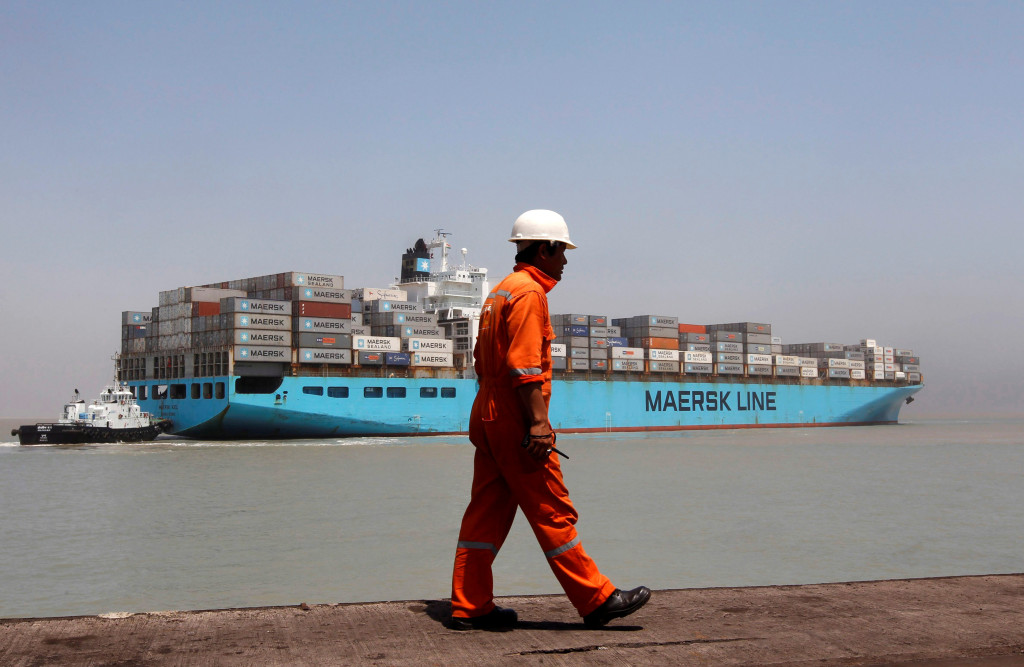
Asian gas consumers are facing hard times as they are forced to import spot LNG at record high prices. Experts believe this is likely to kill any demand for gas within the region and accelerate demand destruction for natural gas while also amplifying concerns about costlier goods and services. Emerging markets are the most hit as they are grappling with high spot LNG prices and oil prices staying above $100 per barrel, which makes LNG imports the most expensive they have been in years. ICE May Brent futures were trading above $121 per barrel in Asian hours yesterday, which means oil-linked LNG prices could be around $18/MMBtu. According to S&P Global commodity Insights, the plats JKM for May delivery was assessed at $33.841/MMBtu on Wednesday.
A recent report indicates that LNG prices have halted spot trade for these commodities. However to trade derivative products attached to the assets on top of forex you can click here. One European utility claims that market players have been discussing possible transactions and trying to arrange swaps. Still, due to price volatility, nothing is being finalized, while Japanese and Korean utilities are less willing to procure more cargo because of high prices.
One South Korean importer claims that they don’t want to buy any cargo even though the company’s inventories are not sufficient. The plan is to roll the requirements till later in June or July.
Over this month, price-sensitive LNG importers such as Pakistan, India, and Thailand have had to pay around $33/MMBtu – $36/MMBtu for spot LNG cargoes which represent some of the highest LNG prices these countries have had to bear. According to S&P Global data, state-run Indian Oil Corp. bought two spot LNG cargoes from a trading house on March 21 for $33.7-$33.8/MMBtu and $33.3-$33.4/MMBtu, to be delivered on May 7 and June 4, respectively.
PTT of Thailand bought three spot LNG cargoes for $35-$36/MMBtu for delivery in the second half of April. Also, on March 16, India’s Gujarat State Petroleum Corp bought a spot cargo for $35.2-$35.3/MMBtu from a trading house for delivery on March 28-April 15. And Pakistan bought a cargo for March delivery ranging in the mid-$20/MMBtu.
Record High Global Gas Prices
Most nations are witnessing record-high global gas prices as they slowly filter into the domestic markets. According to company officials, Reliance Industries Ltd., a diversified conglomerate based in India, sold natural gas from a coal-bed methane block in the central state of Madhya Pradesh for around $23.5/MMBtu. The price reflects a hefty premium over the base price of 14% Dated Brent as stated in the tender for a one-year supply of 0.65 million cubic meters of gas per day. The tender was awarded to gas companies, including state-run GAIL ltd., Gujarat State Petroleum Corp, and Shell.
The quote received by Reliance for CBM gas is higher than the price state explorers such as ONGC and Oil India Ltd receive for gas nominated from their upstream fields, which is capped at $6.13/MMBtu. Even Reliance’s natural gas from its KG basin fields is sold at similar levels. According to one trader, a domestic gas tender priced in the low-to-mid $20s/MMBtu is still at a better price than spot LNG. The trader adds that it is still cheaper compared to spot LNG even though it’s costly, which explains why such a price was agreed considering the current high Brent crude and spot LNG prices.
Another trader adds that high prices are determined by supply and demand. Also, the limited quantity offered through the domestic tender might be another factor. The trader adds that with an inadequate gas supply, if one can get gas in India domestically at lower prices than imported LNG, then why not take advantage of the situation.
A third trader noted that India’s gas demand was hanging in the balance unless prices dropped and based on the forward curve. December 2022 JKM prices are still not affordable for India’s industrial sector compared to liquids like LPG. India is working to align natural gas prices with global markets. A government panel has submitted a price reform proposal for locally produced natural gas where the entire output can be sold on the domestic gas exchange platform for price discovery.

